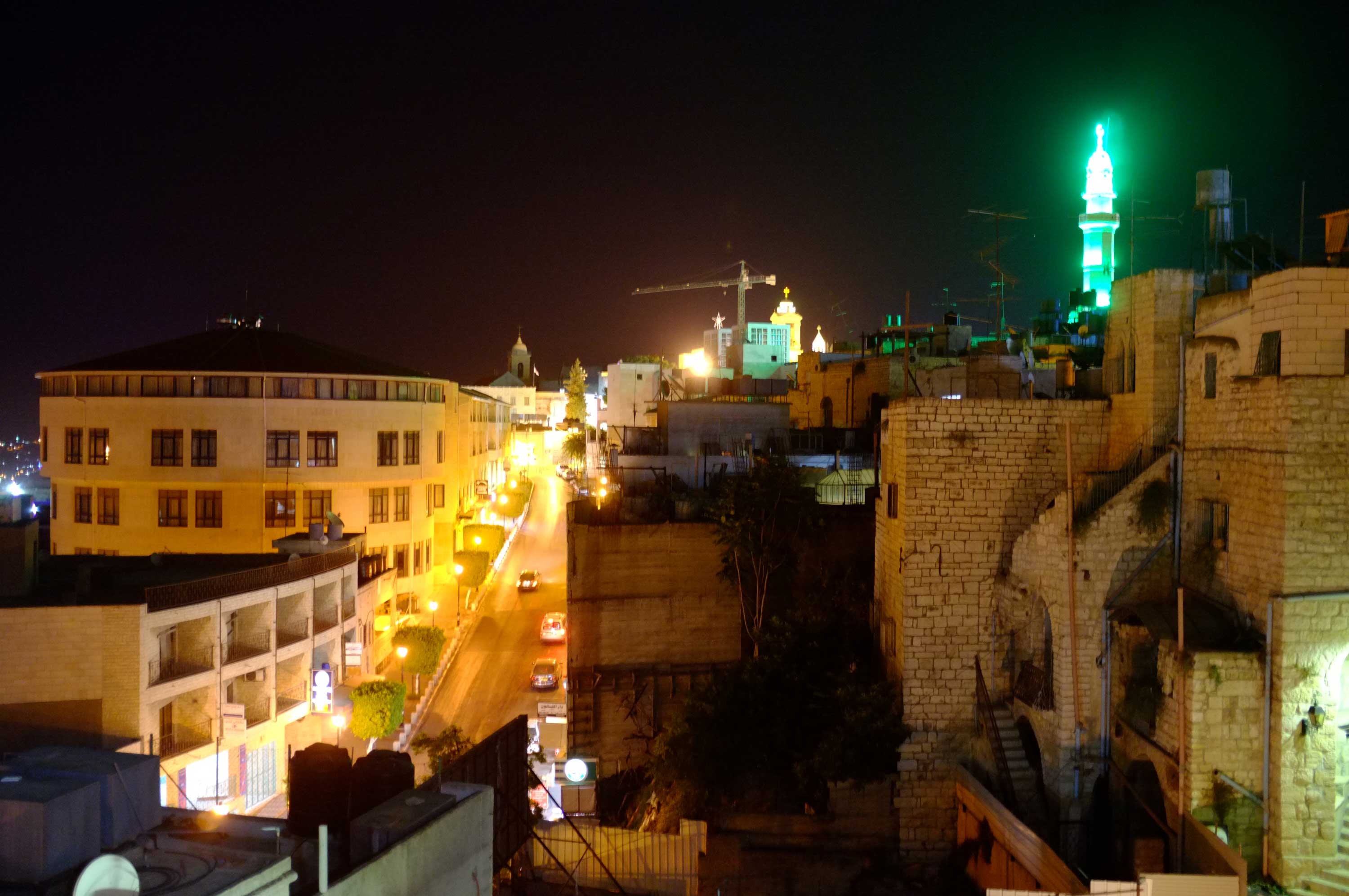Sanitation in Rafah Gaza Strip
940 People. 1 Toilet. That was the situation in the camps in Rafah (at the southern tip of Gaza) among the 1.1 million people sheltering there before Israel invaded on 6th May. Since then, 1 million people have been forced out of this so-called safe area, with 900,000 of them moving to central Gaza onto an even thinner strip of land along the coast, with virtually no facilities. Read more.



















